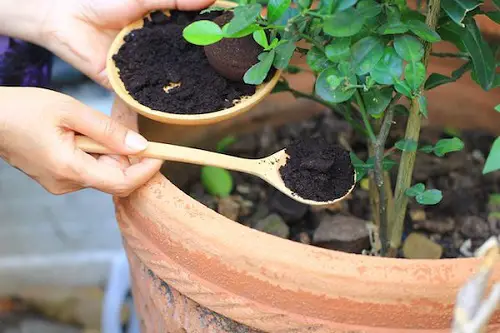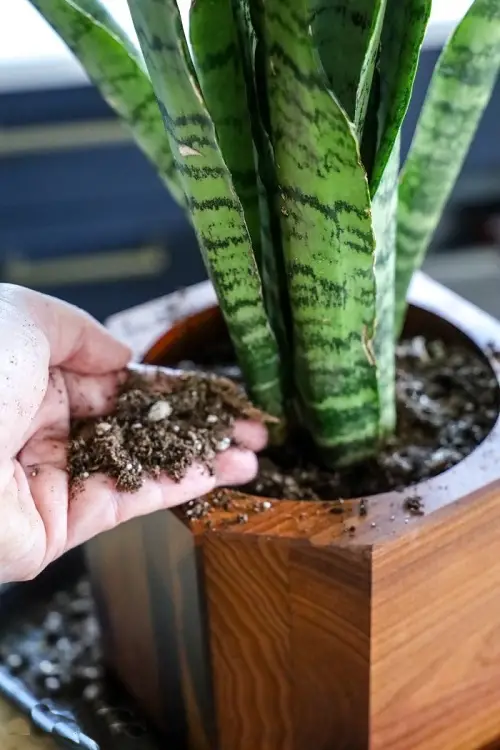Take your gardening game to the next level with this homemade DIY Potassium Rich Plant Fertilizer. Not only is it affordable and easy, but it’s also all organic!
If you’re looking for a natural and cost-effective way to give your plants the nutrient boost they crave, look no further! Get ready to boost your plants’ growth and health with this simple DIY Potassium Rich Plant Fertilizer. With just a few household items, you’ll be on your way to a thriving garden in no time!
Want to Make Organic Fertilizers from Kitchen Scraps?
Potassium-Rich Plant Fertilizer Benefits
Potassium is a key nutrient for plants and is essential for their healthy growth and development. It plays a key role in several plant processes, including:
- Water balance: This mineral helps regulate the water balance within a plant, which is crucial for preventing wilting.
- Photosynthesis: It is involved in the process of photosynthesis, which allows plants to convert light energy into chemical energy.
- Stress tolerance: Potassium boosts plants’ tolerance to environmental stress, such as extreme temperatures and changes in moisture levels.
- Disease resistance: It improves the resistance of the plant to diseases and pests.
- Fruit and seed production: Potassium is necessary for the development and maturation of flowers, fruits, and seeds, leading to a higher yield.
Check out these Money Saving Gardening Tips
DIY Potassium-Rich Plant Fertilizer Recipe
To prepare this natural fertilizer, you’ll need several banana peels and the steps listed below:
- Place the banana peels in a baking tray and bake them in an oven set at (350 °F / 176.667 °C) for 15 minutes.
- After the baking time, the banana peels should have a charred and darkened appearance.
- Transfer those banana peels to a resealable plastic bag and securely seal it.
- Use a rolling pin to crush them into fine powder.
Here are Effective Homemade Lawn Fertilizers That Are Safe From Hazardous Chemicals
The resulting potassium-rich powder can be used as a quick DIY fertilizer to give your plants an extra boost of nutrients.
The high potassium concentration in the banana peel promotes healthy plant growth as it enhances root development and increases fruit and flower production.
Note: It is important to note that different plants have different potassium requirements, and the amount of potassium needed may vary depending on soil type, climate, and other factors. Before adding the fertilizer to the garden, it would be best to perform a soil test or research about the plant, as some need more nutrients than others.
However, one good thing about this fertilizer is that it is mild, and its application would not harm the plants much in case of overuse.
Learn How to Use Bone Meal on Plants
When to add a Potassium Fertilizer to Plants?
Just apply one or two tablespoons of it every once in a while. You can also mix it in water and pour it around the base of the plant.
- Use it for houseplants to boost their growth.
- For warm-season crops like tomatoes, melons, and peppers, potassium fertilization should be done in the mid to late season when the plants have started to flower and fruit.
- In the case of cool-season crops like broccoli, cabbage, and lettuce, fertilize in the early spring when the plants are young and actively growing.
- Both annuals and perennials, flowering plants like roses, fruit trees, and shrubs grow in pots. The amount of application depends on the size of the plant.





Want to learn more. Thanks
Instead of drying in MV, can it be in sunlight. After that the powder formed.
Eu quero aprender a cuidar de plantas
I like the flowers